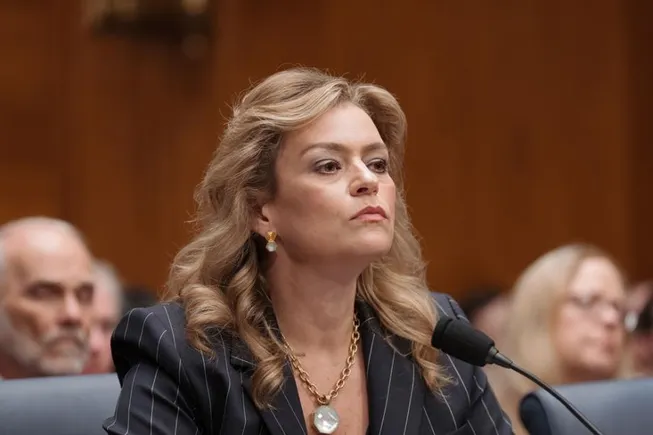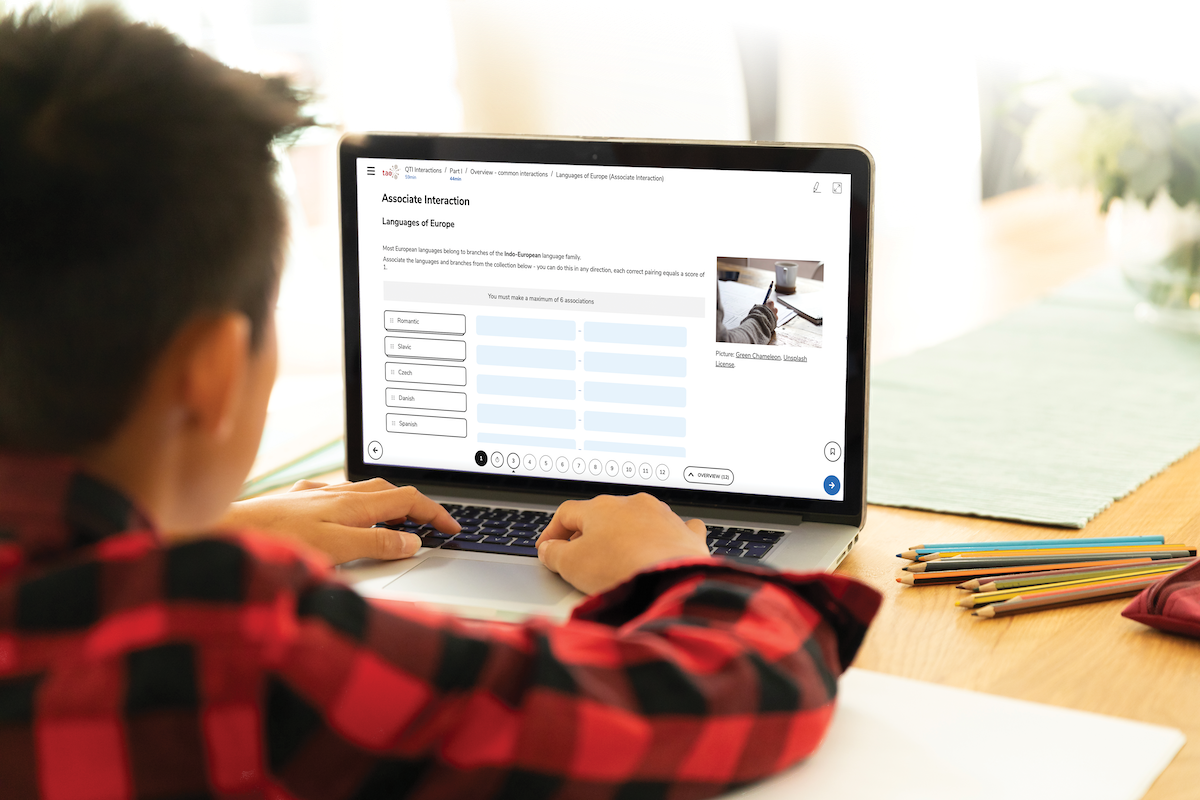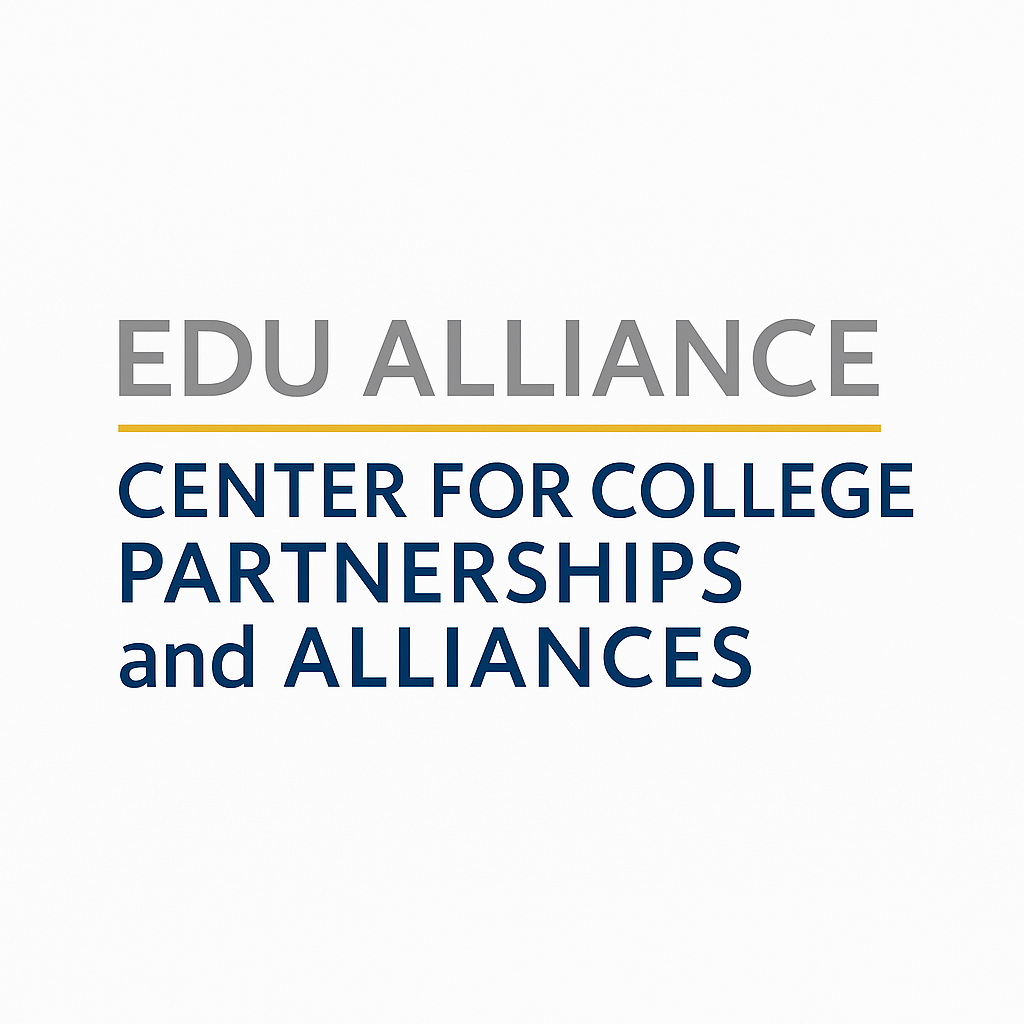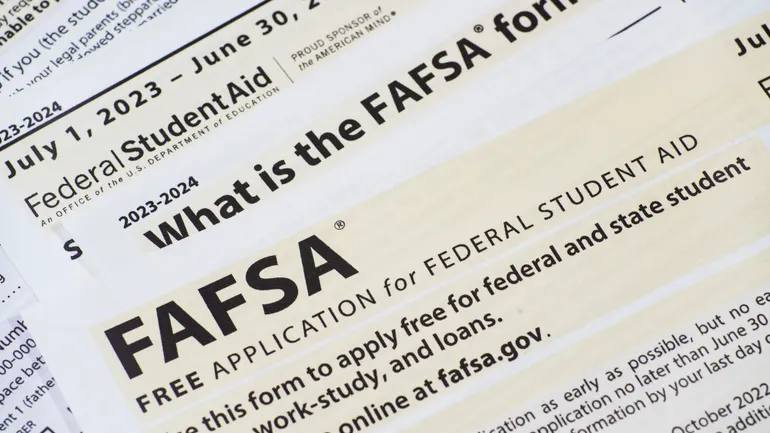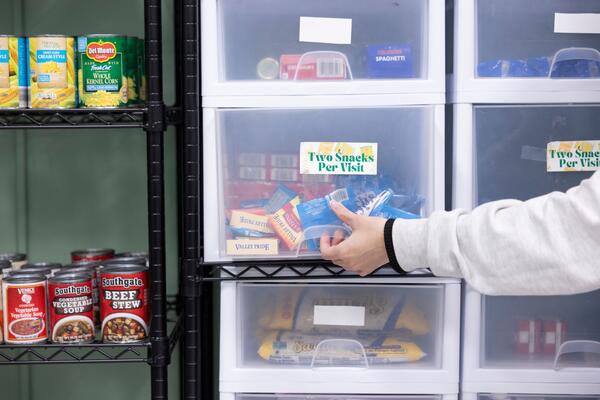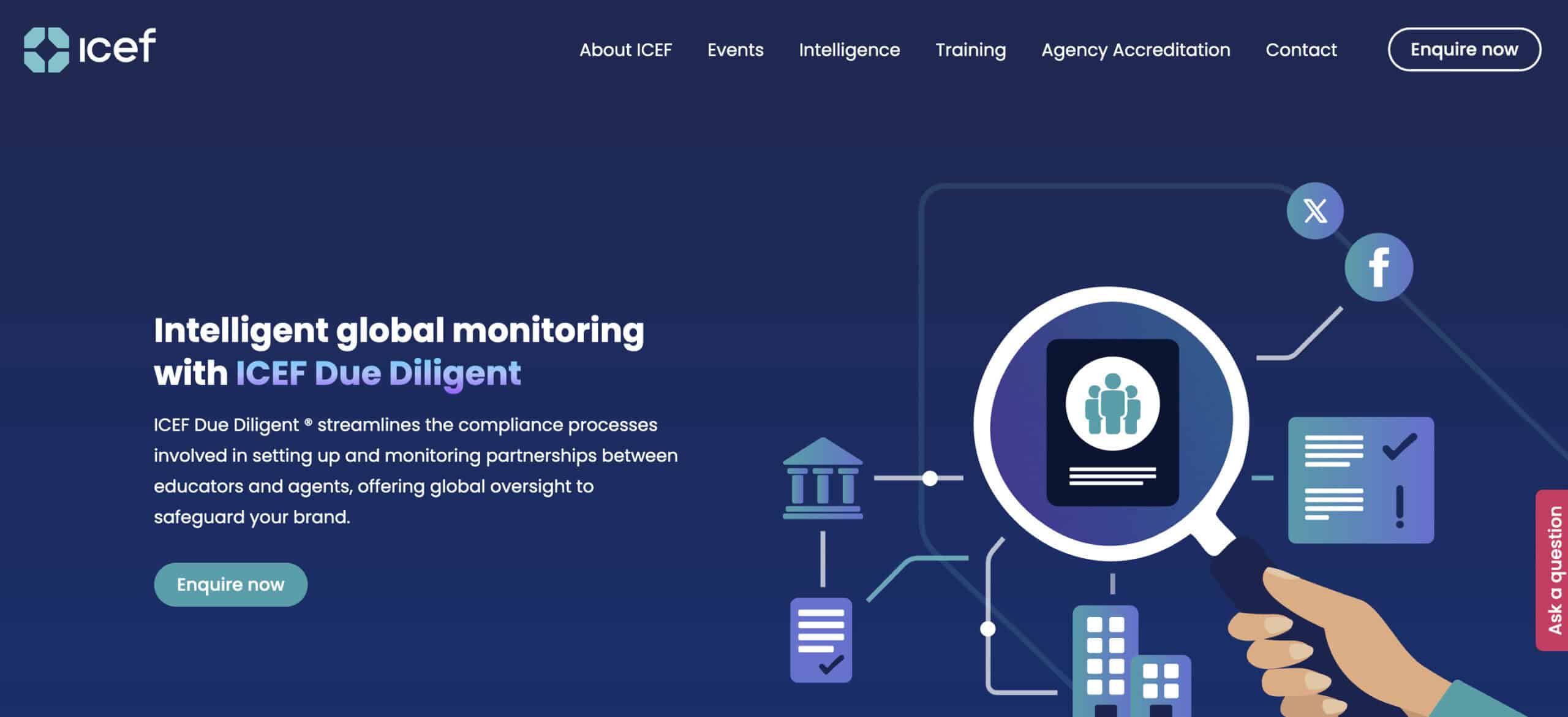The U.S. Department of Education announced a string of Title IX investigations Wednesday into over a dozen colleges and state and local school systems with policies that allow transgender students to play on sports teams aligning with their gender identity.
The 18 investigations come just a day after the U.S. Supreme Court heard arguments in a case that could decide the future of transgender student athlete participation on sports teams.
“These policies jeopardize both the safety and the equal opportunities of women in educational programs and activities,” the Education Department’s Office for Civil Rights said in a Wednesday announcement.
Assistant Secretary for Civil Rights Kimberly Richey said in a statement that her office is “aggressively pursuing” complaints about alleged discrimination in women’s sports, which it says is a result of transgender student participation on women’s and girls’ sports teams.
“We will leave no stone unturned in these investigations to uphold women’s right to equal access in education programs,” Richey said.
The investigations were launched into large and small public education systems and colleges, including the New York City Department of Education, Washington’s Tacoma Public Schools, and the Hawaii State Department of Education.
A handful of investigations were also launched into districts in California and Maine — states that have already been the target of Education Department investigations that resulted in U.S. Department of Justice referrals and threats to federal funding loss.
The earliest of those state investigations, which was aimed at Maine’s transgender athlete inclusion policies, put over $860 million of the state’s federal education funding on the line.
The Justice Department sued Maine following a Title IX investigation that said the state had discriminated against cisgender women and girls. However, as of last week, there have been no recent major developments in that case despite the lawsuit being announced last April, according to a Maine state attorney general office spokesperson.
On Tuesday, the Supreme Court heard arguments in West Virginia v. B.P.J and Little v. Hecox, in which justices were asked to weigh the constitutionality of state bans limiting transgender athlete participation on sports teams aligning with their gender identities and whether such bans violate Title IX.
While the high court’s conservative majority seemed inclined to uphold state bans, justices on both sides of the ideological spectrum questioned what their limits should be, considering the role of student age, hormone therapy and puberty blockers.
“I’ve been wondering what’s straightforward after all this discussion,” said Justice Neil Gorsuch in court on Tuesday.
The outcome of the cases could change the course of transgender students’ rights in schools, school district policies allowing or barring their participation on sports teams under Title IX, and the Education Department’s enforcement of the sex discrimination statute.
The new investigations also come as Office for Civil Rights employees have been indefinitely reinstated to their positions after the department’s rescission of their layoff notices. The employees were laid off as part of the Trump administration’s efforts to downsize the federal government and to shutter the Education Department.
The civil rights employees were put on administrative leave but were in limbo as legal challenges to the layoffs worked their way through the courts and resulted in temporary blocks. However, the Education Department abandoned its efforts last month to push some of the layoffs through, which resulted in the employees’ indefinite reinstatement as of December.
The full list of new investigations includes:
- Jurupa School District (Calif.)
- Placentia-Yorba School District (Calif.)
- Santa Monica College (Calif.)
- Santa Rosa Junior College (Calif.)
- Waterbury Public Schools (Conn.)
- Hawaii State Department of Education (Hawaii)
- Regional School Unit 19 (Maine)
- Regional School Unit 57 (Maine)
- Foxborough Public Schools (Mass.)
- University of Nevada, Reno (Nev.)
- Bellmore-Merrick Central High School District (N.Y.)
- New York City Department of Education (N.Y.)
- Great Valley School District (Pa.)
- Champlain Valley School District (Vt.)
- Cheney Public Schools (Wash.)
- Sultan School District No. 311 (Wash.)
- Tacoma Public Schools (Wash.)
- Vancouver Public Schools (Wash.)

